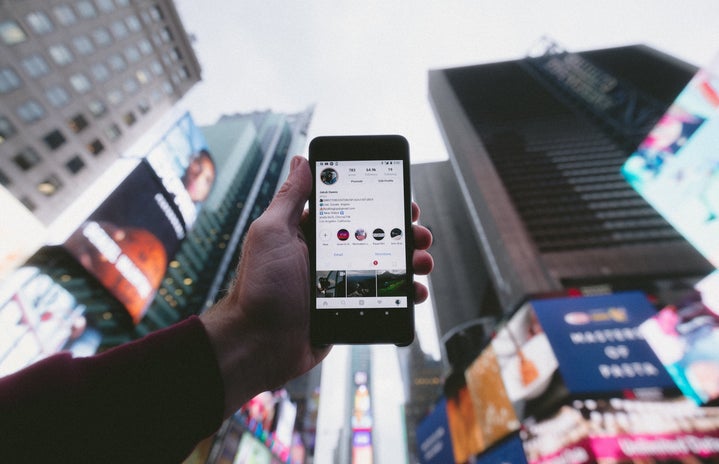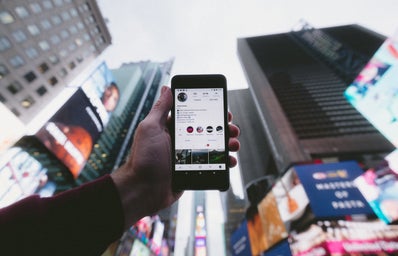Have you ever wondered how Facebook ads know so much about your material interests? Well, according to the New York Times, you can find out how Facebook keeps track of your political, cultural and consumer interests.
First, you log on to Facebook and go to https://www.facebook.com/ads/preferences. There, you can actually look at all of the topics that Facebook thinks you’re interested in. Based on these pages, it creates appealing ads that you will possibly click on, thus, creating more revenue for the platform. This solved the mystery of why I keep getting ads for dog grooming services despite not owning a dog; I just liked a lot of puppy-related pages. (Incidentally, if you haven’t already done so please look at Old Friends Senior Dog Sanctuary and thank me later).
Anyhow, next you click on the section of “Lifestyle and Culture”. Scroll down to the box that may either say “US Politics” or just “Politics”. In parentheses, it should say what Facebook thinks you are. For me, it thinks (correctly) that I am “Very Liberal”. And even if you’ve done nothing political on Facebook, you still have a political label. Why? Well, Facebook assigns you one so they can send you ads, and does so by looking at pages you’ve liked and seeing who else likes them. So if you liked a non-political page that a lot of, say, conservative people liked, then Facebook assumes that you’re conservative. In this scenario, you would get ads that Facebook thinks are relevant and appealing to conservatives. This isn’t just for politics, by the way. You can check out the ad preferences for almost anything, from movies and nutritional ads to clothes and even news events. The point is, Facebook isn’t just hitting you with ads at random. It’s very specific and targeted.
This realization should make us wonder just how much the websites we use know about us. From websites that deliberately track our usage to the “cookies” that sites leave on our computers to remember us later to Google and Facebook saving what we do and creating profiles of us to sell to advertisers, and maybe even more stuff we still don’t know about.
Lots of social media sites do some form of tracking. For example, YouTube creates suggestions for you based on what you watch. I tend to watch (among a lot of other stuff), a lot of left-leaning news shows, like Democracy Now! And The Young Turks. Of course, what ends up happening is that YouTube suggests more left-leaning news shows and so I end up only hearing my own point of view. Big social media sites don’t really care if you have a broad understanding of ideas different from your own. They just want you to click on more stuff.
I’m not saying that technology, algorithms, and social media are destroying politics, but I am saying that part of the reason that politics seems so polarizing now is because we tend to only hear from people with similar political beliefs and opinions. You may feel like the internet lets you get informed really fast, but if you fall into the trap of only hearing your own views parroted back to you, then you’re missing out on a lot and fall victim to a dangerous kind of ignorance. So stay cautious while using Facebook because it’s not just a platform that invades your privacy, but it may also deter your learning curve and acceptability of foreign information.
Image Source:
http://images.pcworld.com/images/article/2012/03/facebook_privacy-113305…


